When I heard murmurings that Sentinels were doing well preparing for the first-ever VALORANT international tournament, I was frightened. From players and staff I talked to, they weren’t only doing “well” but crushing opposing teams in practice. While the typical response to watching your home region’s champion round into form at the right time would normally be excitement, it still felt empty. I had been there before. Rumors and gossip of North American League of Legends teams taking games off the tournament’s top contenders. An unexpected North American underdog ready to rise up and topple everyone once the actual competition started.
It was a story I had read a dozen times before, and it always ended in laughter and misery.
Though with Sentinels, dripping with confidence, they preached this time would be different. It didn’t matter that when they arrived in Reykjavík, Iceland, their League of Legends parallel, Cloud9, were already departing home early following a frustrating Mid-Season Invitational. Behind their in-game leader, captain, carry and de-facto coach Shahzeeb “ShahZaM” Khan, they wanted to show that their predecessors shouldn’t define them.
As teams poked fun at North America’s futility in press conferences, they shot back, promising to change things. During the pre-tournament press conference, when Team Liquid ace Adil “ScreaM” Benrlitom remarked about NA’s “predictability,” ShahZaM grabbed a microphone to fire back a response.
“The [Sentinels] you saw in Masters 1 and the [Sentinels] you saw in regional finals are different from the team you’ll see here.”

In a single, concise sentence, ShahZaM put his team’s pride on the line. It’s not that declarations of confidence haven’t happened before in North America (they have, in abundance), but they’ve usually ended as the butt of a joke. It’s the arrogance of a simple man who doesn’t know they’re stepping into a ring with lions.
Sentinels, known for their bravado in and outside of the game, entered Iceland with a broad, red target on their back. They talked a big game, and due to the COVID-19 pandemic, realizing the fate of if they could back it up took a long, agonizing year.
Usually, this is where I’d rundown how Sentinels, faithful to North American fashion, were scrappy. Something like how they lost to Fnatic in the opening round. Still, they crafted a heroic run through the lower bracket where they eventually end bowed out before Sunday’s grand final. Or, if they somehow made the grand final, they got destroyed by whomever they played.
That’s what North American esports is. It’s about popularity and scrappiness. Entertainers. On the odd occasion they won the big one, it would be a Cinderella story, battling from the bottom to the top. Otherwise, North American teams are the entertainers, there to make some upsets happen, give out a few good interviews and head home before the high-caliber catering arrived for the elite teams.
Sentinels rejected that reputation.


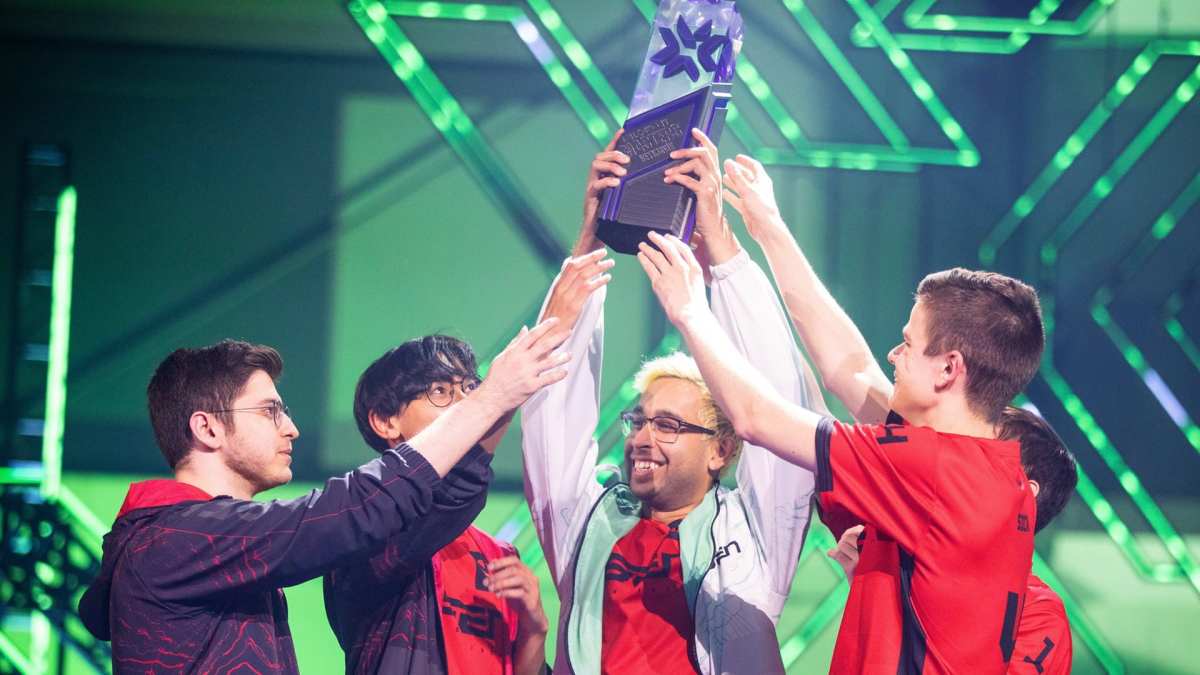
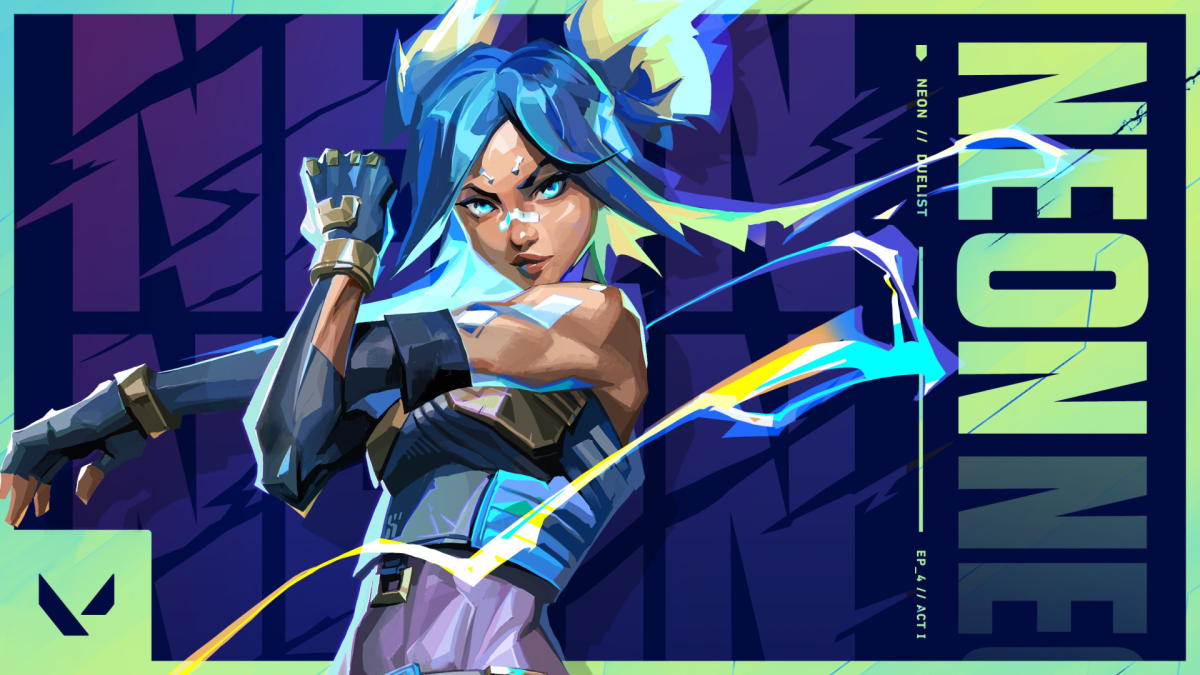
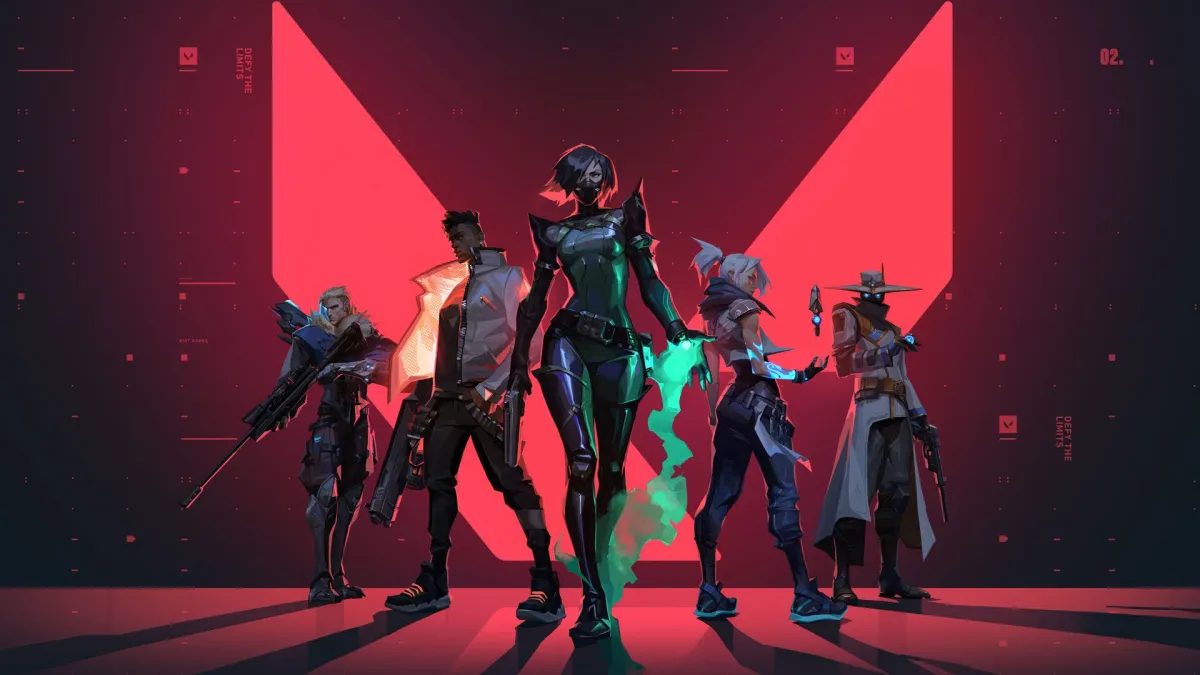
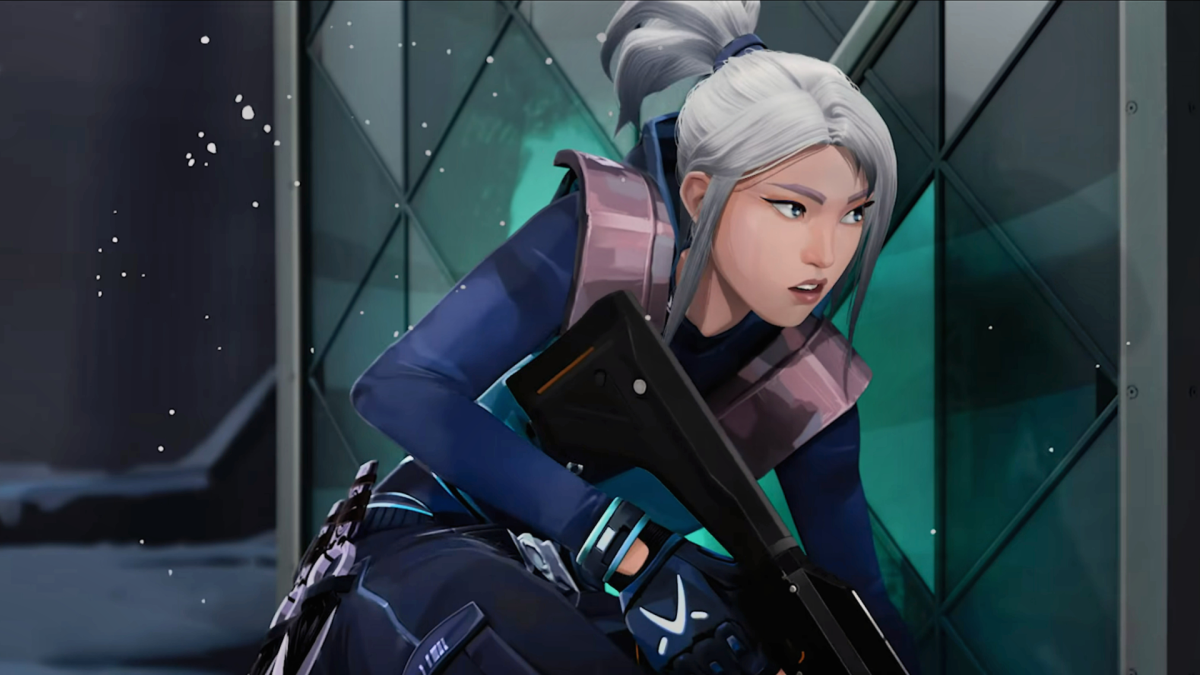
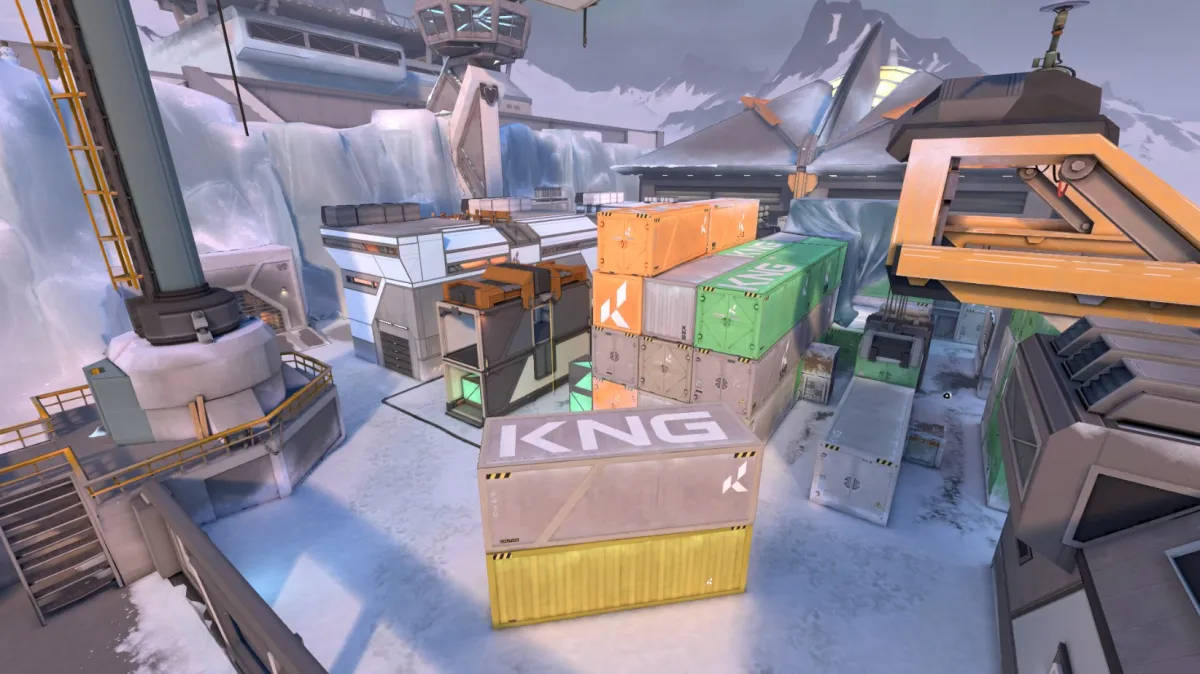
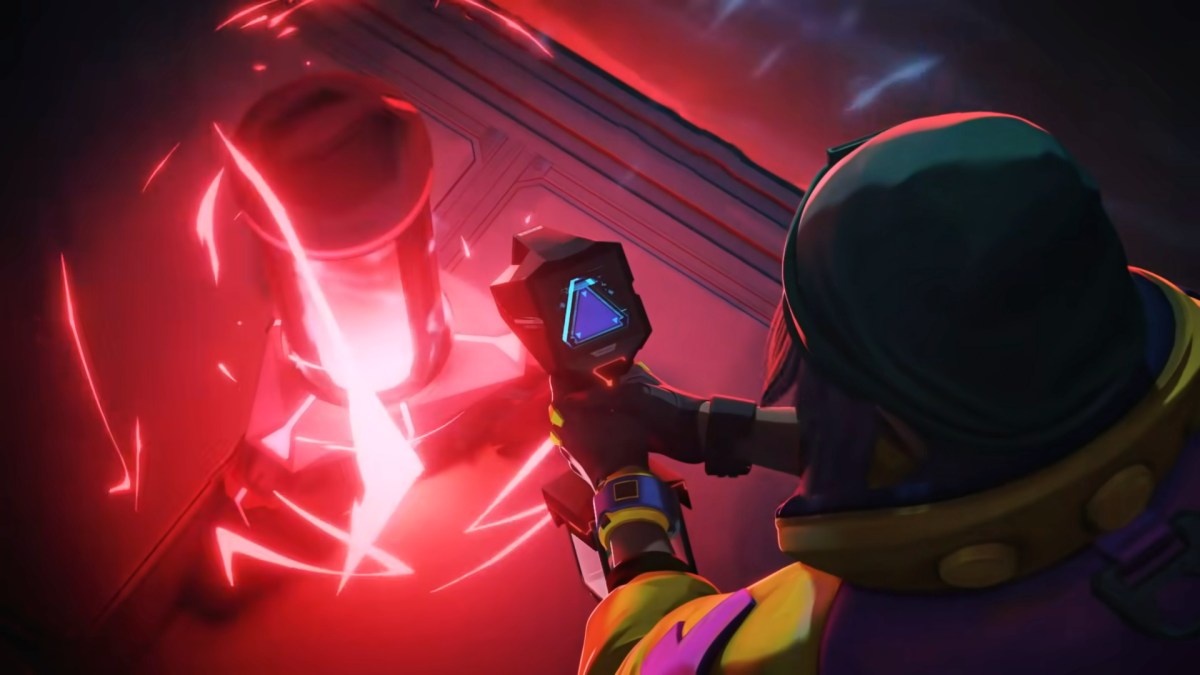






Published: May 30, 2021 08:43 pm